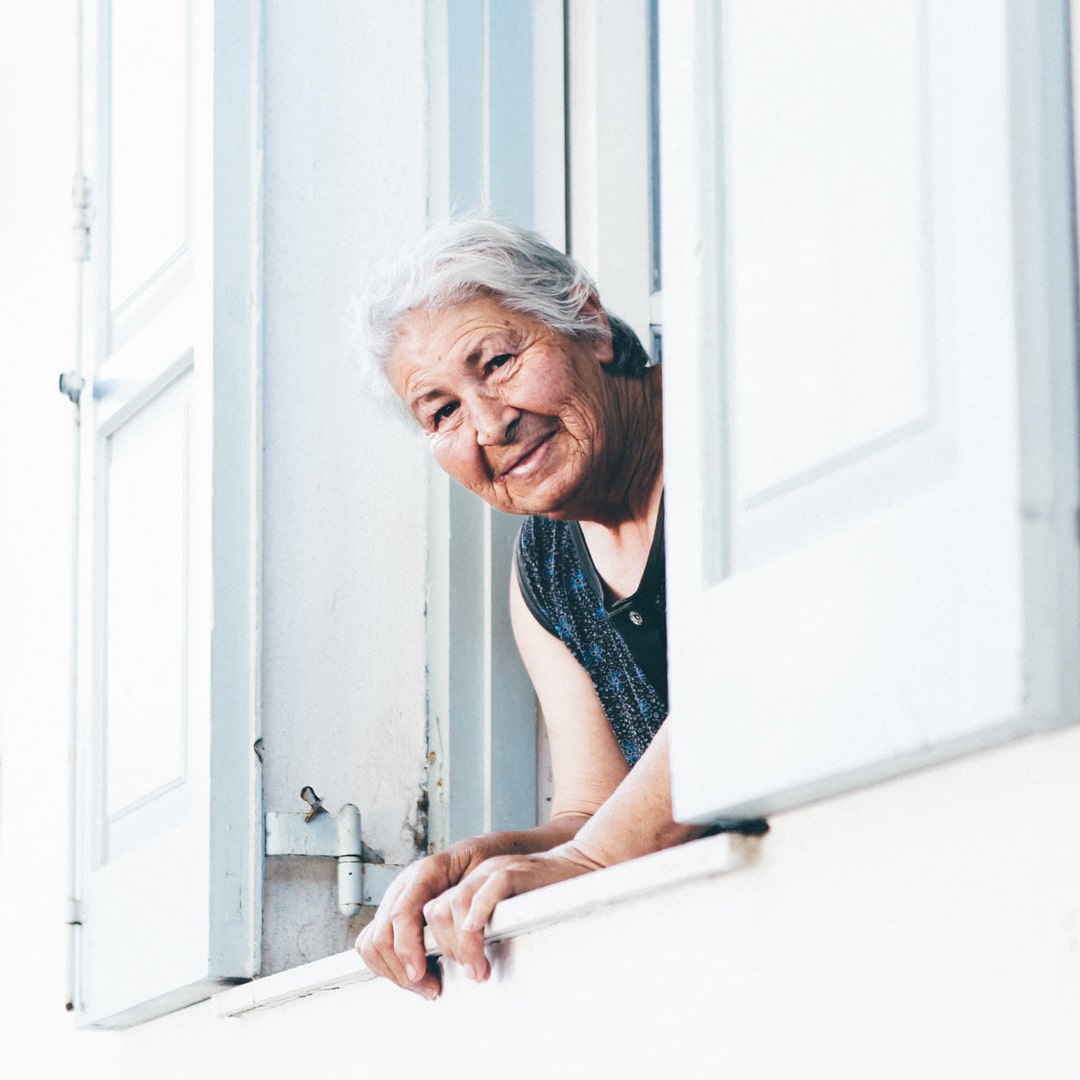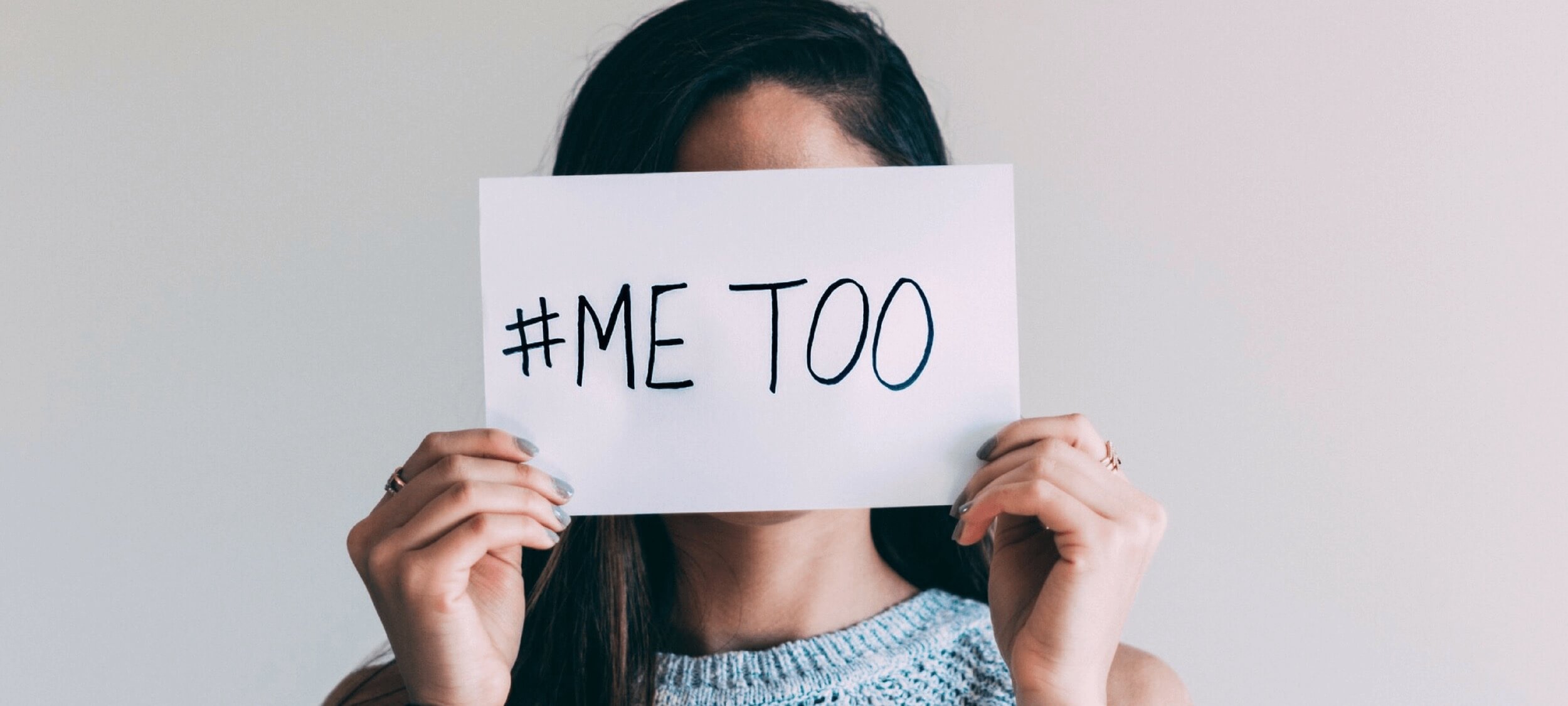
The truths COVID revealed about consumerism
Opinion + AnalysisHealth + WellbeingRelationships
BY The Ethics Centre 16 SEP 2020
What underlying driver created the great toilet paper gate panic of 2020?
At the onset of the pandemic, The Ethics Centre Fellow, Dr Matt Beard, University of Queensland philosopher and health researcher Bryan Mukandi, University of Queensland, and Australian philosopher and Princeton PhD candidate Eleanor Gordon-Smith joined in conversation. Together they discussed, dissected and explored a range of ethical issues rising during the early stages of the pandemic. In this extract, they discuss what COVID panic buying reflects about who we are, and what we value..
Matt Beard, TEC Fellow:
The kind of panic buying responsive that we saw from ordinary people at the beginning of this, what did that tell us about ourselves? For me that was a moment to really reckon and say what does it tell us that in the first sniff of a crisis, the first thing that we did was take care of us and ours. What does that say to us about the way in which we’ve set up this society?
Eleanor Gordon Smith, Philosopher:
The United States, the land that brought us Black Friday sales, did not hold back when it came to panic buying. What did it reveal about us? Less I think then it revealed about our circumstance.
Here’s what I think it revealed about us. We were afraid, and we didn’t feel secure, and we didn’t trust either us or the government around us to provide for us in the moment of crises where we would most need both those things.
More than anything particularly deep about our innate nature, which I know people argue about a lot, does this reveal that we’re fundamentally selfish? Well yes, but then people also drove themselves to food banks, and it revealed other things about kindness and solidarity, and all the nice things as well.
I think more than that it revealed something that we kind of already know, which is that the right configuration of circumstances can push ordinary people to behave in profoundly selfish and possibly evil ways.
We know that a lot of exercises of bad behaviour are perfectly ordinary, and what happens when people are frightened and insecure. More than what I think it told us about us, I think it told us something really disquieting about the faith that we had in our systems, which was that unless we did this unless we went out and kind of did this end of days, treading on each other’s necks for a can of beans we wouldn’t have enough.
I’ve been saying this for weeks, I don’t even like beans, I don’t know why I bought so many beans, everyone just transformed into people who really liked beans all of a sudden. But it told us that we were willing to do that.
In fact, we thought it is necessary that we do that because we were so unsure of the fact that other people, and or the government, and or the system would be able to provide for us if we didn’t do this kind of absurd others sacrificing thing. I think we were entirely wrong.
Byran Mukandi, Philosopher:
Here I disagree with Eleanor. Irene Watson, a legal scholar, in her book, “Raw Law”, she uses a Nunga word, Muldarbi for colonialism. There’s an image she paints of colonialism as this voracious monster, this voracious animal that just devours and consumes. And I just find that so incredibly apt.
I think it’s telling that for some groups in Australia, the relationship between ‘mainstream society’, and some communities is one that’s best classed as this voracious, consuming animal. This devouring thing.
As a sub-Saharan African, the quality of life I enjoy today as an Australian citizen, is inextricably linked to the poverty and deprivation, and the suffering that a lot continent sub-Saharan Africans, and a whole bunch of people around the world experience. Those two things are intimately intertwined.
There’s a lot of posturing in terms of our response to climate crisis around why China needs to do something first, but the fact is the Chinese industrial work, manufacturing work, goes into providing that which we, in the Western world, consume. There’s a sense in which we are ferocious, we devour.
The rush to buy toilet paper as though when the zombie apocalypse comes, the most needful thing is toilet paper… I mean, this isn’t a gastroenteric virus, it’s not like everybody’s going to be on the toilet, but little things, baking powder, toilet paper, tins of tomatoes and tomato paste, people were hoarding and panic buying non-essential goods.
I don’t think it was because the idea was this non-essential good is going to run out and I’m not going to make brownies or cupcakes, or whatever, and my life is going to come to an end.
I think we have a voracious appetite, I think we have a voracious consuming, devouring appetite. I think we have a particular relationship to the environment and to others, and I think this pandemic has just shone a light on who we are, as opposed to who we like to pretend we are and the image of ourselves we like to project.
This is an extract from a live-streamed event. Watch the full conversation from FODI Digital event, Ethics of the Pandemic, below. Don’t miss our next live-stream events at www.festivalofdangerousideas.com.
Ethics in your inbox.
Get the latest inspiration, intelligence, events & more.
By signing up you agree to our privacy policy
You might be interested in…
Opinion + Analysis
Health + Wellbeing, Relationships
Is it ok to visit someone in need during COVID-19?
Opinion + Analysis
Health + Wellbeing, Politics + Human Rights
3 Questions, 2 jabs, 1 Millennial
Opinion + Analysis
Politics + Human Rights, Relationships
Calling out for justice
Opinion + Analysis
Relationships, Society + Culture




